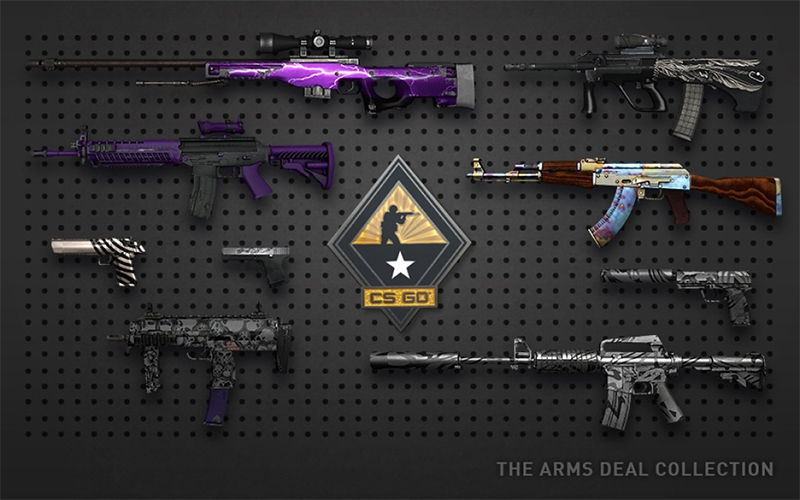Valve Prohibits Dutch Players from Selling In-Game Items for CS:GO and Dota 2
On June 19, 2018, Dutch Steam users received an unexpected notification from Valve. Starting from that date, players of Counter-Strike: Global Offensive and Dota 2 in the Netherlands were banned from selling in-game items for these games through the Steam Marketplace. The reason is that, according to local laws, loot boxes and related activities are considered a form of gambling.
Regulatory Pressure from Dutch Authorities
In their message, Valve explained that in May 2018, they received an official notice from Kansspelautoriteit, the Dutch gambling regulator, stating that loot boxes in CS:GO and Dota 2 violate the country’s laws. Authorities demanded that Valve resolve the issue by June 20, 2018, threatening legal action if the company failed to comply.
As a result, Valve decided to temporarily prohibit Dutch users from trading in-game items for the mentioned games until a solution could be found. The company expressed hope that Kansspelautoriteit would reconsider pursuing legal action against Valve.
The Loot Box Problem in the Netherlands
The issue with loot boxes in the Netherlands dates back to an April report by Kansspelautoriteit. According to the report, 4 out of 10 loot boxes studied by the regulator’s experts met the definition of gambling and violated Dutch law. The main concern is that the contents of these loot boxes are random, and both the loot boxes and the items obtained from them can be sold outside the games for real money.
The report emphasized, as did many other experts worldwide, that this could lead to real addiction among players, especially teenagers and children. In essence, the mechanics of many loot boxes are very similar to actual gambling. It’s worth noting that most of these are cosmetic in-game items (such as weapon skins), some of which can be worth hundreds or even thousands of dollars on the market.
Mixed Reactions from Dutch Players
The reaction from Dutch users to the ban has been mixed. Many agree with the regulator’s position and acknowledge that loot boxes can be addictive. However, users are unhappy that Valve did not warn them about the ban in advance. If they had been notified, players could have sold their items before the ban and converted them into money.
“I didn’t expect them [Valve] to do this without any prior notice. As a result, I’m stuck with an inventory worth over 100 euros, while some of my friends have more than 1,000 euros locked up,” complained a Reddit user from the Netherlands.



